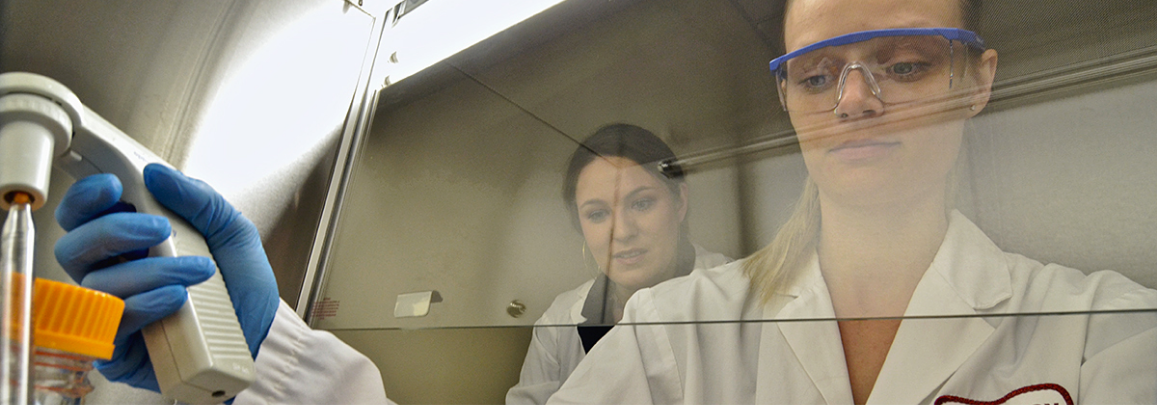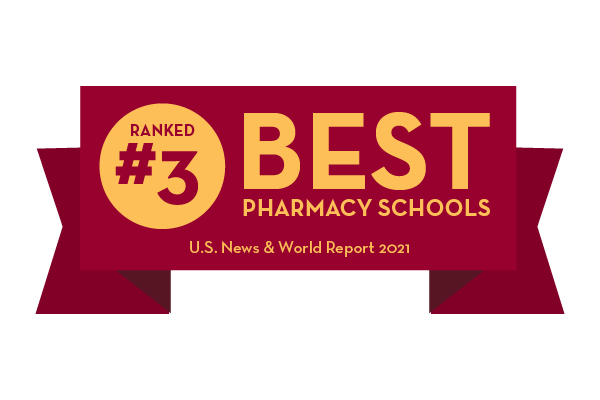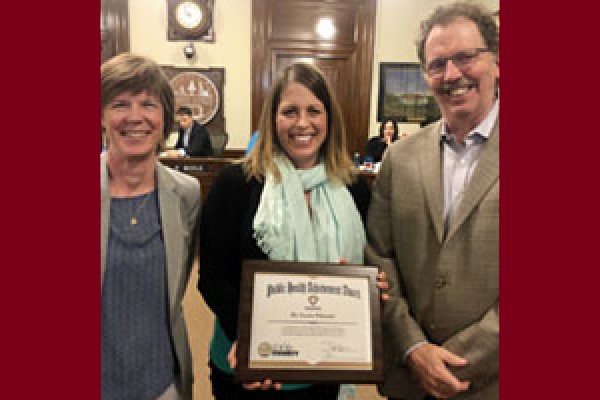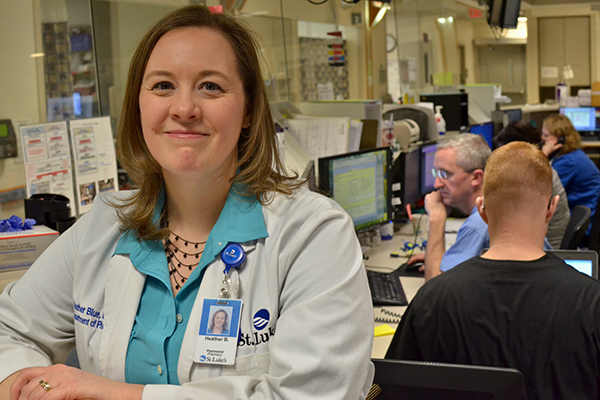
The Department of Pharmacy Practice and Pharmaceutical Sciences (PPPS) is one of five academic departments within the College of Pharmacy and is geographically located on the University of Minnesota Duluth campus. PPPS is an interdisciplinary department with faculty engaged in scholarship, practice and teaching across disciplines encompassing clinical, basic, and social sciences.
Our vision is to lead, serve, and partner with diverse communities to create tailored solutions for a healthy Greater Minnesota and beyond.
Our mission We educate pharmacists to promote the health of diverse populations in Minnesota’s rural communities through advancing interdisciplinary Pharmacy Practice, education, and Pharmaceutical Sciences research.
News

The University of Minnesota College of Pharmacy has ranked third in this year’s U.S.News and World Report’s ranking of pharmacy schools.

Palombi was recognized for her work in the area of substance abuse prevention and intervention, and for her leadership in training people on how to use naloxone.

Assistant Professor Heather Blue has been named the 2019 Minnesota Society of Health-System Pharmacists (MSHP) Outstanding Pharmacist Award recipient

Venkatram Mereddy, professor, Department of Pharmacy Practice and Pharmaceutical Sciences, will receive the University of Minnesota Duluth (UMD) Outstanding Graduate Faculty Advisor Award.

Federal grants are helping the U collaborate with rural partners to focus on strengthening community resources to prevent addiction and create healthy environments for those working toward recovery.

This is the highest recognition of excellence in the practice or provision of health care by AHC faculty.